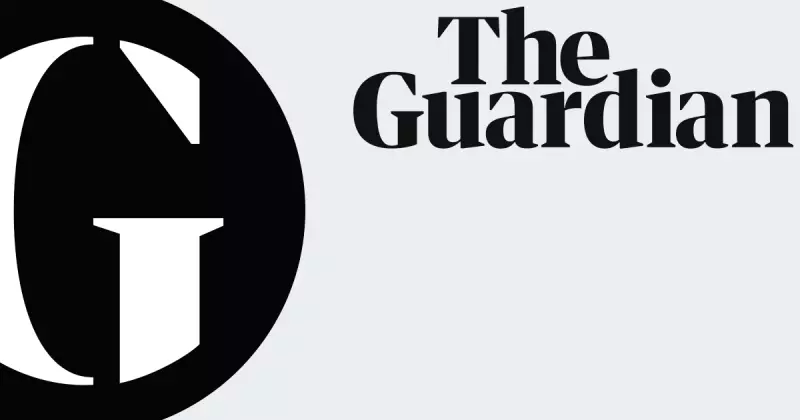
In a stirring display of political courage, New York State Assembly member Zohran Mamdani has publicly declared his refusal to bow to presidential pressure, delivering an impassioned speech that's resonating across the American political landscape.
A Defiant Stand Against Executive Power
The Democratic Socialist representative made his position unequivocally clear, stating with firm conviction that he "will not be intimidated by this president." His words echo growing tensions between progressive lawmakers and the current administration, highlighting deepening divisions within American politics.
Mamdani's declaration comes amid increasing pressure from the White House on progressive politicians who challenge traditional party lines. His refusal to back down signals a significant moment in the ongoing struggle between establishment politics and emerging progressive movements.
The Political Context Behind the Defiance
As a prominent figure in New York's progressive wing, Mamdani has consistently advocated for policies including Medicare for All, tenant protections, and criminal justice reform. His recent confrontation with presidential authority underscores the challenges facing politicians who push for substantial systemic change.
Political analysts suggest this public stand represents more than personal conviction—it reflects broader ideological battles playing out within the Democratic party and across the national political stage.
What This Means for Progressive Politics
The assembly member's unwavering position demonstrates:
- Growing confidence among progressive politicians to challenge established power structures
- Increasing tension between different factions within the Democratic party
- Potential ramifications for future policy negotiations and political alliances
- Shifting dynamics in how politicians respond to presidential pressure
Mamdani's speech has already sparked considerable discussion among political commentators, with many viewing it as a watershed moment in the relationship between progressive lawmakers and the current administration.





